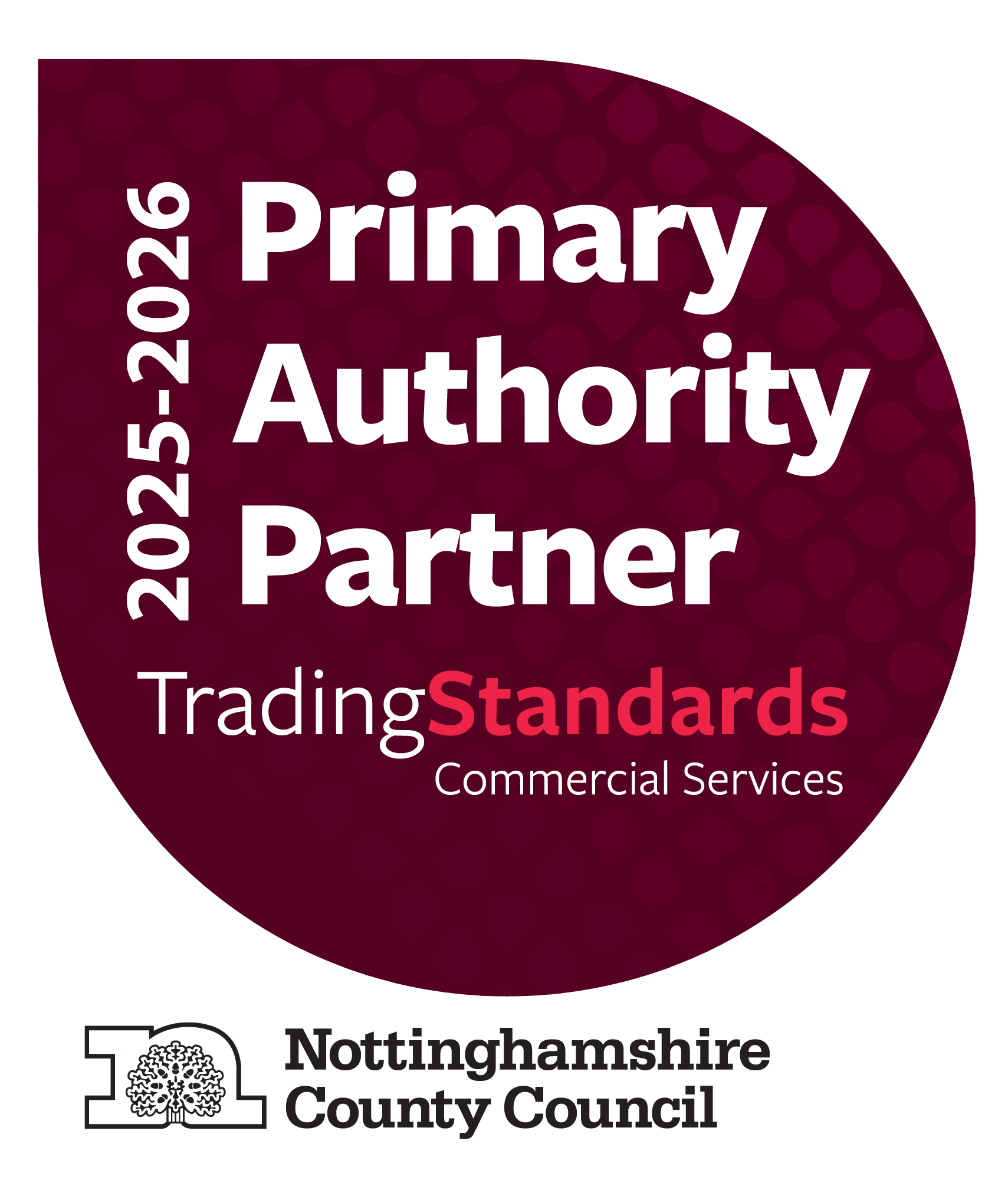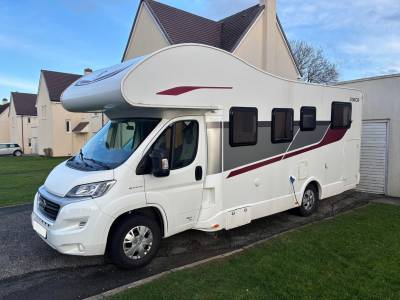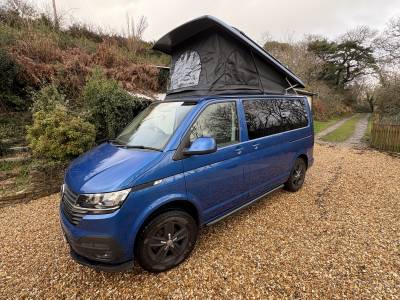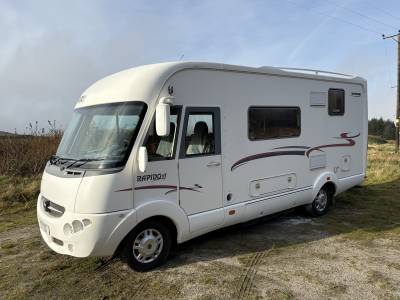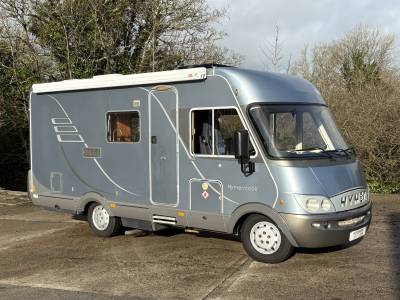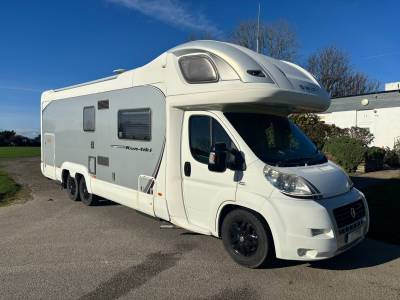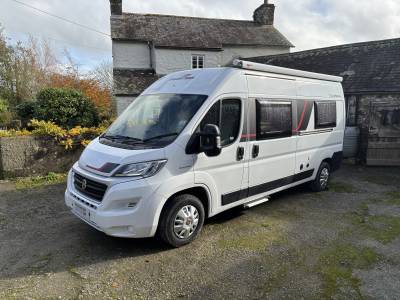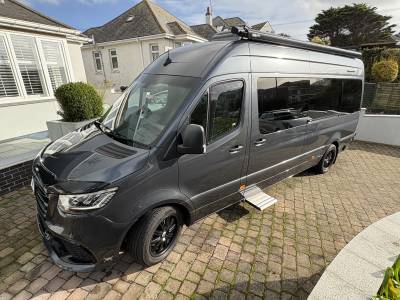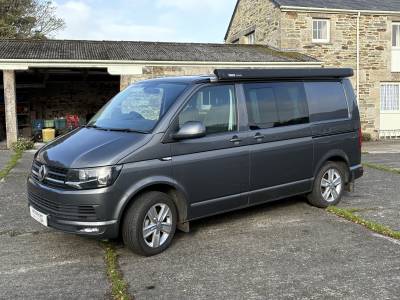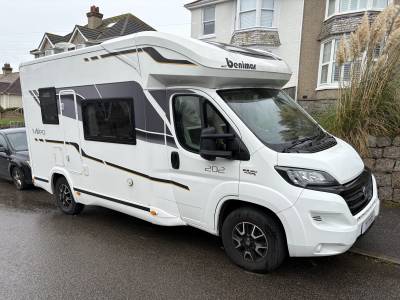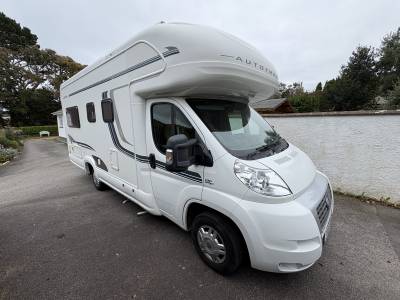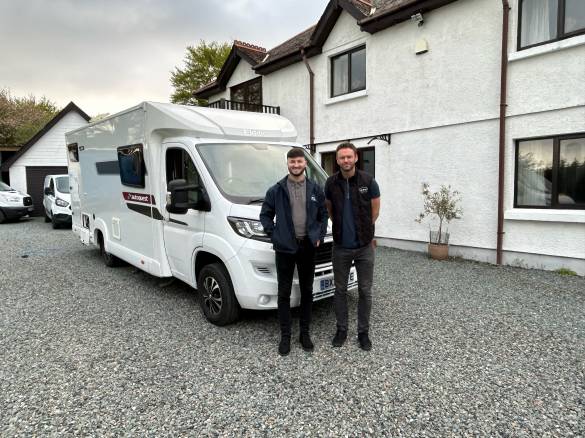Motorhomes for sale in Cornwall. Cornwall (/ˈkɔːrnwɔːl,
Cornwall is the homeland of the Cornish people and the cultural and ethnic origin of the Cornish diaspora. It retains a distinct cultural identity that reflects its history, and is recognised as one of the Celtic nations. It was formerly a Brythonic kingdom and subsequently a royal duchy. The Cornish nationalist movement contests the present constitutional status of Cornwall and seeks greater autonomy within the United Kingdom in the form of a devolved legislative Cornish Assembly with powers similar to those in Wales and Scotland.[7][8] In 2014, Cornish people were granted minority status under the European Framework Convention for the Protection of National Minorities,[9] giving them recognition as a distinct ethnic group.[10][11]
First inhabited in the Palaeolithic and Mesolithic periods, Cornwall continued to be occupied by Neolithic and then Bronze Age peoples, and later (in the Iron Age) by Brythons with strong trade and cultural links to Wales and Brittany. Mining in Cornwall and Devon in the south-west of England began in the early Bronze Age.
Few Roman remains have been found in Cornwall, and there is little evidence that the Romans settled or had much military presence there.[citation needed] After the collapse of the Roman Empire, Cornwall was ruled by chieftains of the Cornovii who may have included figures regarded as semi-historical or legendary, such as King Mark of Cornwall and King Arthur, evidenced by folklore traditions derived from the Historia Regum Britanniae. The Cornovii division of the Dumnonii tribe were separated from the Brythons of Wales after the Battle of Deorham and often came into conflict with the expanding kingdom of Wessex. King Athelstan in CE 936 set the boundary between English and Cornish at the high water mark of the eastern bank of the River Tamar.[12] From the early Middle Ages, language and culture were shared by Brythons trading across both sides of the Channel, resulting in the corresponding high medieval Breton kingdoms of Domnonée and Cornouaille and the Celtic Christianity common to both areas.







